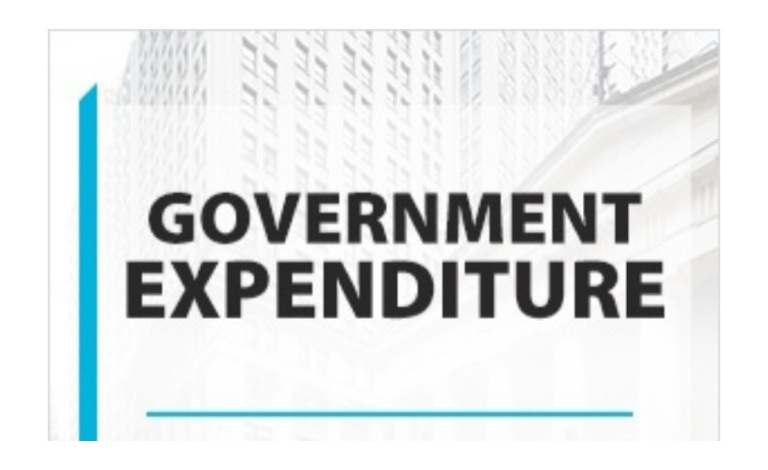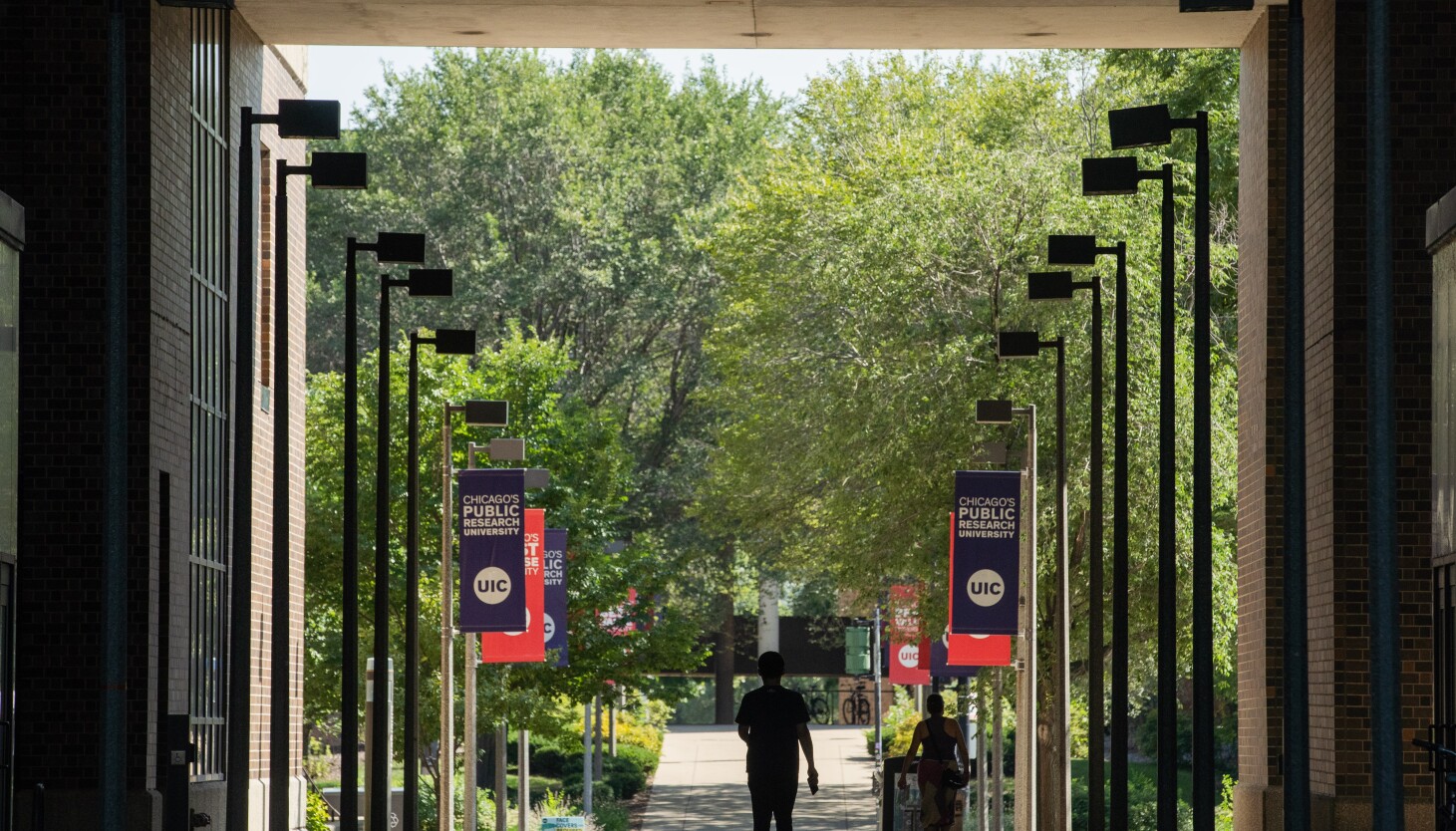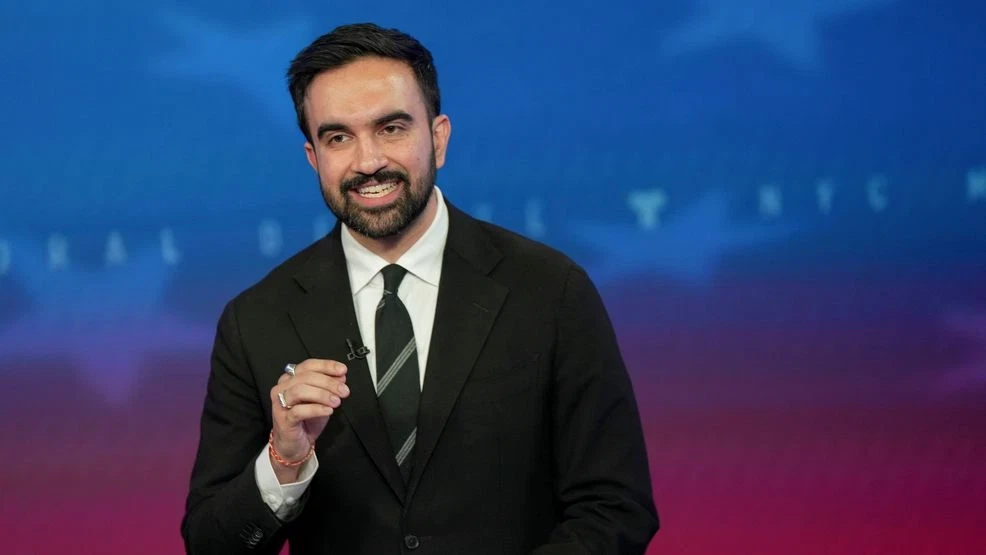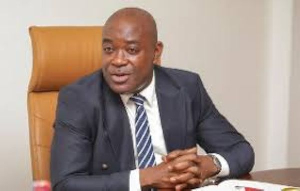Copyright businessday

Again, the Nigerian government’s expenditure has come under scrutiny by economic experts as the cost of collection deducted from the federation account, rose by 104 percent to N1.78 trillion in 2024. BusinessDay’s analysis of the Nigerian Development Update report by the World Bank showed that the cost of collection for revenue collecting agencies, including: Federal Inland Revenue Service (FIRS), Nigeria Customs Service (NCS), Nigerian Upstream Petroleum Regulatory Commission (NUPRC), and the Nigerian Midstream Downstream Petroleum Regulatory Authority (NMDPRA), jumped from N871 billion in 2023 to N1.78 trillion in 2024. The Bank had flagged this deduction, stating that it was higher than budgetary allocation to some federal ministries. Speaking with BusinessDay, Muda Yusuf said even though it may be an incentive for more collection, there is need for it to be reviewed, seeing some critical areas of the nation’s economy were still under-funded. He pointed out the need to balance incentives for high-performing agencies, such as those responsible for revenue collection, against the foundational needs of the entire nation, especially as the nation grapples with persistent funding crises in critical sectors like education and healthcare. “Well, I think maybe it’s an incentive to encourage those revenue collection agencies to be able to do more. But I think it’s something that we need to look at critically to ensure that we don’t shortchange the system, giving so much to some of these agencies. “We need to interrogate what exactly is adequate for the purpose of the job that they are doing. Because there are other agencies of government that also need funding. It is good to give them incentives, but it has to be within the context of what the nation can reasonably afford within the context of all the demands of the country in terms of infrastructure, in terms of social investments, and in terms of some other capital projects that we need to do,” he said. The call for a review of national priority areas of spending comes as both the health and education sector face recurring issues of poor payment structure and poor funding, which are severely threatening their survival. This disparity is most visible as these sectors frequently resort to industrial action to press home their demands, including the recent nationwide general strike and disputes with the Academic Staff Union of Universities (ASUU) and medical doctors. These strikes are often rooted in demands for improved infrastructure, better remuneration, and the implementation of previously agreed-upon financial commitments. Yusuf stressed that government spending should be situated in the context of national priorities to ensure that its priorities are right. “And we situate all our expenditures within the context of priorities and the need to also properly fund other agencies of government. “And the fact that some agencies are still complaining that they are not being properly funded. You know, we have seen issues of strike by ASUU, by medical doctors, and so on,” he added. However, Paul Alaje, chief economist at SPM Professionals, speaking on the matter, explained that a rise in collection expenses is not only expected but is a direct function of the concurrent increase in overall government revenue. According to the fourth quarter budget implementation report, the federal government recorded a 68 percent increase in revenue, which rose from N12.48 trillion to N20.98 trillion in 2024. Alaje argued that as revenue figures climb, driven recently by policy shifts like the currency devaluation and the removal of subsidies, the operational costs attached to collecting and securing those funds will naturally escalate. He however said that concern should not focus on the absolute value of the collection cost, but rather the percentage by which it has increased relative to the revenue collected. Read also: 2025 Budget: Tinubu seeks Senate’s approval for ₦1.15tn loan He said, “As revenue increased, if revenue has increased, cost of collection will also increase. Because cost of collection is a function of revenue. If revenue remains the same and cost of collection now increased, then there is a problem. “But if revenue has increased, definitely cost of collection will increase. What we may need to worry about is at what percentage has cost of collection surpassed the revenue collected? “Cost of collection usually comes in percentages. If the percentage is the usual percentage that has been in place, or even reduces, then fine. However, we should know that since policies were made by government, which include devaluation of the naira and the subsidy removal, revenue has increased and there are costs attached to these revenue increases. “What we need to be bothered about is the percentage of increase in cost of collection and the rate of increase in revenue. If the two are parallel, or if the rate of collection increase is higher than the rate of increase in revenue, then we need to really, really disturb ourselves and question why.”



